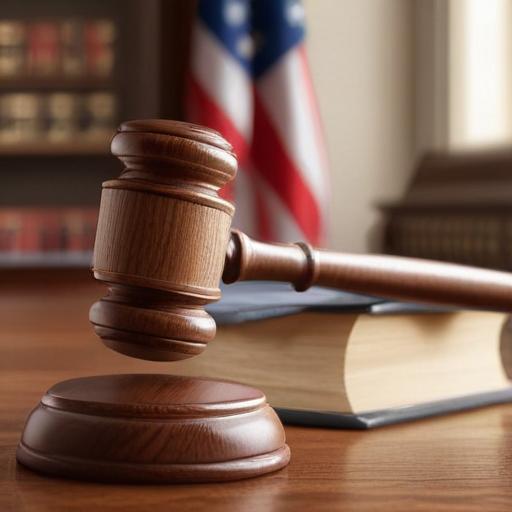Justice Brett Kavanaugh spoke candidly about the Supreme Court’s handling of a significant influx of emergency appeals from the Trump administration, emphasizing that as presidents test the boundaries of their powers, it is essential for the courts to act.
Addressing a gathering of lawyers and judges in Kansas City, Missouri, Kavanaugh noted that both Democratic and Republican presidents, facing gridlock in Congress, increasingly turn to executive orders to implement their agendas. This trend has led to a rise in legal disputes, requiring the Supreme Court to intervene and determine whether these executive actions can proceed temporarily while lower courts evaluate their legality.
To date, the Supreme Court has typically favored allowing many of Trump’s high-profile executive orders to take effect amid ongoing legal reviews. These orders include significant moves to dismiss officials from independent federal agencies, halt certain federal grants, and initiate layoffs across various federal departments.
In response to concerns about the court’s transparency regarding its decision-making in these emergency cases, Kavanaugh asserted that the court has become more communicative than in the past. He highlighted internal reforms implemented over the last five to six years aimed at enhancing judicial processes, such as scheduling emergency oral arguments, exemplified by a recent case addressing nationwide injunctions.
Kavanaugh expressed his belief in the importance of thorough procedures, referencing two recent cases concerning presidential removal authority in independent agencies, where he advocated for quicker Supreme Court deliberations.
His discussion with U.S. District Judge Sarah Pitlyk, a former law clerk, included reflections on the collegiality within the court. Although Justice Elena Kagan has previously cautioned her colleagues about handling the emergency docket more prudently, Kavanaugh maintained that all justices, despite their differences, engage thoughtfully in complex issues. He expressed confidence in his fellow justices, stating, “We think the other eight are patriots and are good people,” reinforcing the notion of mutual respect within the court.
Kavanaugh acknowledged the inevitability of criticism associated with his role, comparing justices to referees in sports who understand that criticism is part of the job. He humorously noted, “Did you ever walk out of a game and say, ‘our team lost, but the refs were great?’” highlighting the resilience required for justices in their judicial duties.
The Supreme Court’s resilience and capacity to navigate complex legal challenges amidst criticisms reflect a commitment to upholding judicial integrity, a hopeful sentiment for the future of American jurisprudence.
